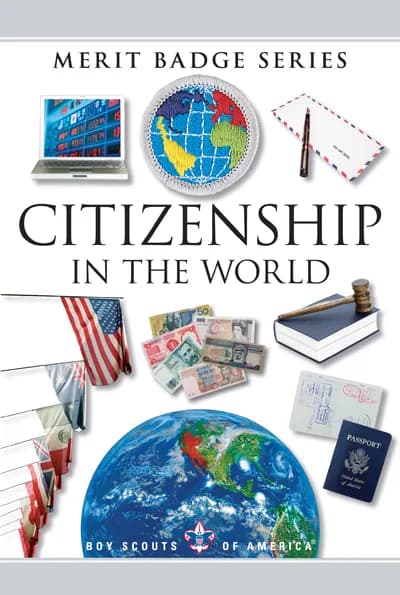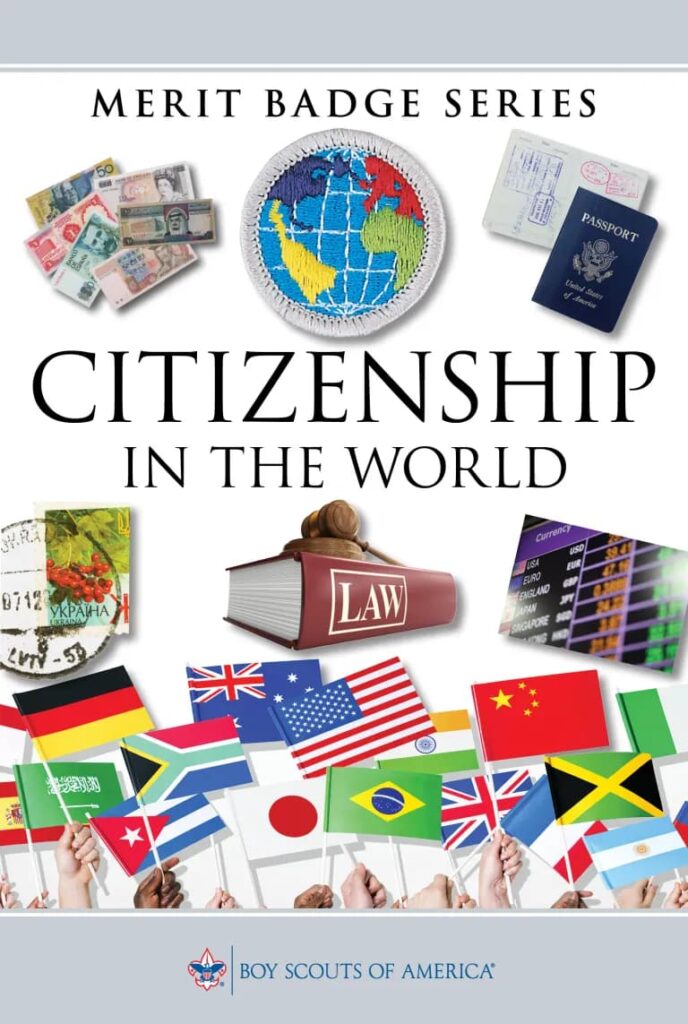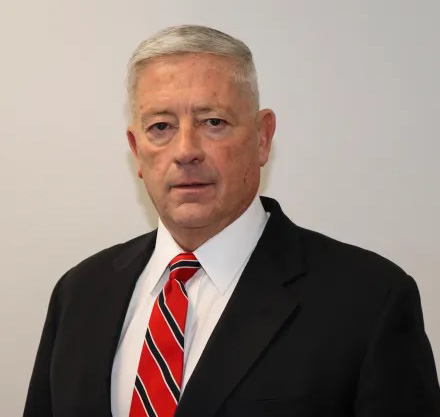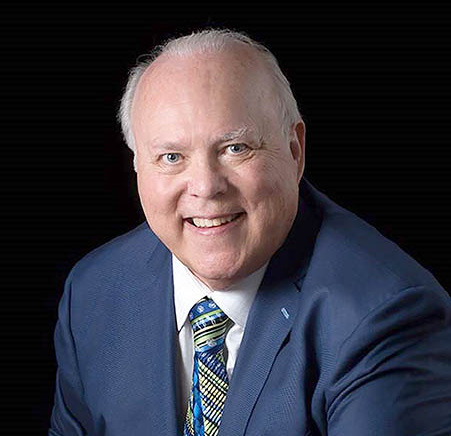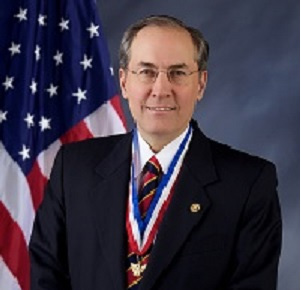
IN AN ERA WHEN global events often dominate headlines, Citizenship in the World might be among Scouting’s most important merit badges. It might also be among the least exciting to earn. Citizen In World Merit Badge
Handled incorrectly, the Citizenship in the World badge can seem like an endless slog through vocabulary lists. Handled correctly, it can help Scouts understand what it means to be a citizen in a global society. The merit badge underwent recent review and approval by United Nations staff members Amy Ruggiero and Troy Wolfe to make sure it’s reflective of today’s international environment.
Scouter Steve Molde has discovered ways to add excitement to sometimes-dull topics. A merit badge counselor from St. Cloud, Minn., Molde often teaches Citizenship at a merit badge clinic in nearby Avon, one of America’s smallest and least-diverse communities. As of the 2010 census, Avon had 1,396 residents, 97.85 percent of whom were white.
Yet in recent years, Molde has brought the world to the town by involving guests from Benin, Burkina Faso, China, Colombia, India, Mexico, Nigeria, Somalia and Sudan. “I encourage them to share customs, culture, government, economy, the struggles of the country, what the country excels at, what the country needs help with,” he says.
So how does Molde find so many international representatives in landlocked Minnesota? Most are students at a local university, which offers foreign students in-state tuition if they meet certain requirements such as completing two “cultural sharing activities” each semester. Others are members of the town’s growing immigrant community, including the pastor who leads a Sudanese ministry run by his troop’s chartered organization.
Whether they’re students or immigrants, Molde’s guests assist with requirement No. 2 (explain citizenship rights, duties and obligations) and No. 3 (study a world event and a foreign country). “The Scouts who attend this particular event are from small farming communities that don’t get a lot of exposure to people from other countries,” he says. “They find out that people from other countries are more like us than different from us.”
That’s also a lesson Scouter Ian Greig learned long ago. A naturalized U.S. citizen who grew up in Great Britain, Greig has worked in Australia, the Philippines and the Dominican Republic. In his role as international representative for the Gulf Ridge Council, Greig leads regular Citizenship in the World clinics for Tampa-area Scouts.
Greig’s international experience comes in handy, especially when he’s talking about different forms of government (requirement No. 5). “That’s the hardest thing for boys to understand,” he says. “The average Scoutmaster here wouldn’t be able to explain all the intricacies of a parliamentary system, because he isn’t experienced with it. He would have to explain it from a book. I grew up with it, and I can answer all of their questions.”
Well, most of their questions. Greig and his fellow counselors are careful not to pass judgment on other countries and forms of government. “We don’t say one system is better than another,” he says. “We’re out to explain that to be good citizens of the world, you’ve got to try to understand how other countries run.”
Whenever possible, Greig suggests offering examples that are relevant to Scouts. “You can say, ‘There is such a thing as international aviation law,’ but I don’t,” he explains. “I ask, ‘Suppose a plane takes off from here and flies to France? When the pilot gets to France, he calls on the radio. What happens if the landing officer doesn’t speak English?’ ” He then explains how international law requires all pilots and air traffic controllers to know English.
Flags don’t usually have a story to tell, but they’re another way to pique Scouts’ interest. By describing the components of the Union Jack, which combines the crosses of St. George (England), St. Andrew (Scotland) and St. Patrick (Ireland), Greig helps Scouts understand the relationship among those three countries. “That grips their interest,” he says.
“Lecturing to the boys doesn’t work,” Molde says. “Expecting them to read several chapters in a book doesn’t work. They need to be a little more hands-on one way or another. That’s where the challenge comes in.”
It’s a challenge that counselors like he and Greig regularly rise to meet.





